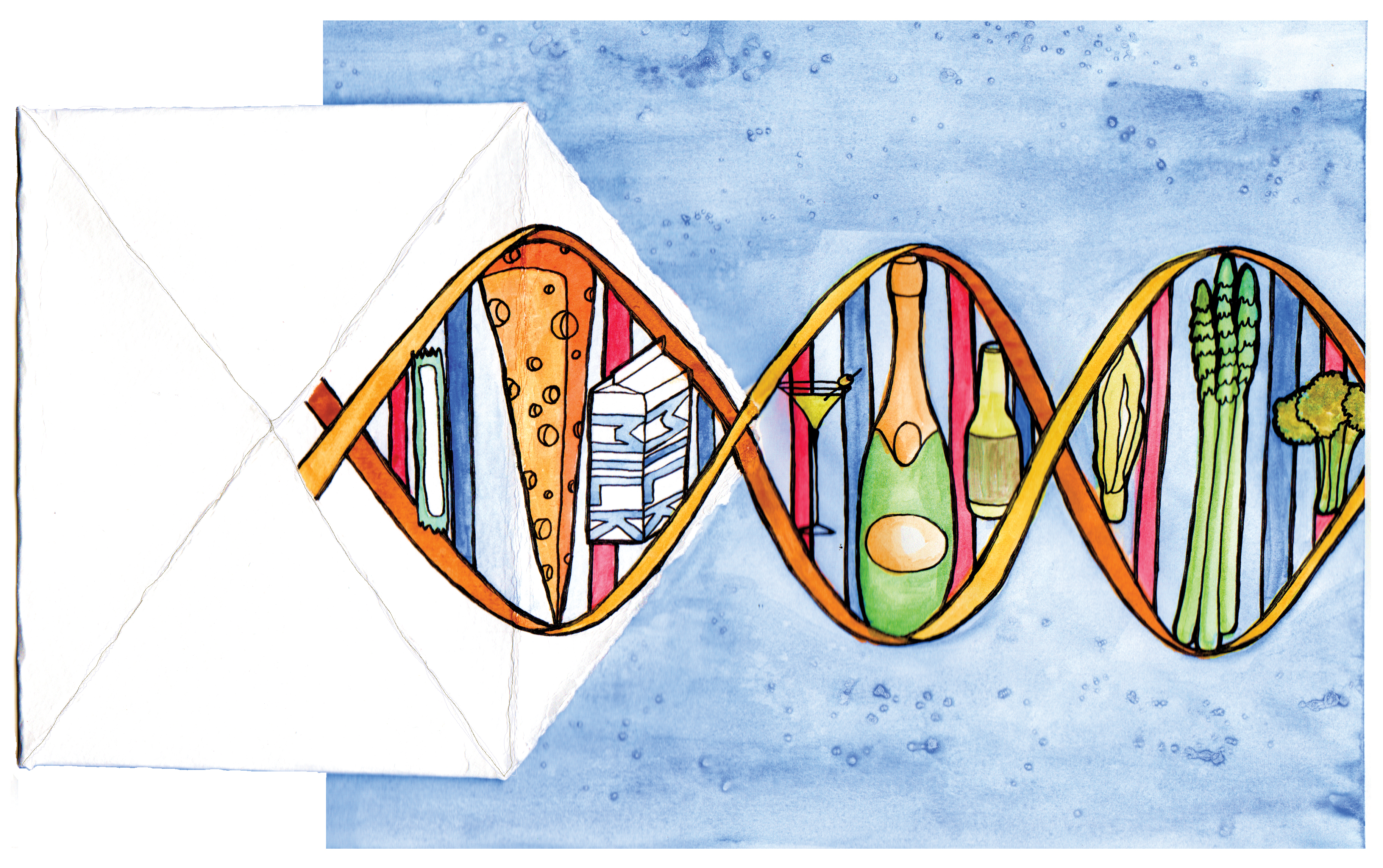Remember wasting hours completing AlcoholEdu the summer before arriving to UCLA? As fun as that was, UC Berkeley is giving their incoming class another kind of optional assignment. They will be asked to swab the inside of their cheeks to collect a DNA sample and mail it in.
Their plan is to send incoming students a kit with their welcome packets so that they can send in DNA samples that would then be analyzed for genes that regulate the ability to metabolize alcohol, lactose and folates.
This plan has received much criticism, but the faculty of UC Berkeley should be commended for going forward with their plans in spite of the program being called “woefully naive” and “an abuse of trust” by people at reputable research organizations.
The faculty has stood by their program because they are about to start discussion on the controversial topic of personalized medicine. In fact, the criticism demonstrates that their goal has already been partially achieved.
The results, posted online with a code only the sampled student will know, would tell students if their bodies are predisposed to not being able to break down alcohol, milk or leafy green vegetables. Ideally, students would then make decisions to drink less, avoid dairy or eat their vegetables.
But this sort of mild genetic counseling will not change anyone’s habits. Mothers have told of the positives of eating vegetables for years, but that advice has fallen on deaf ears. Changing habits is not the point ““ discussing personalized medicine is.
This plan is part of Berkeley’s “On the Same Page” initiative which, according to its website, serves to give new students “something to talk about.”
In the past, the program has sent students summer reading for discussion. But throwing students into a science experiment for personalized medicine definitely does one better in giving students something to talk about.
Jesse Reynolds, a policy analyst at the Center for Genetics and Society, which was one of the first critics of the program, said that one of his main concerns with the program is that the university is pushing a controversial idea onto its students.
Reynolds is absolutely right in his assessment. But that is the best aspect of the program: It gets students talking about personalized medicine, an industry that is growing and is controversial.
According to Rita Cantor, professor in residence of the human genetics department at the David Geffen School of Medicine, the plan is “a good way to educate students about genetics in our society.”
And that is how this program should be viewed. A student being told that his body has issues metabolizing alcohol will probably not spend any more time sober than he would have otherwise. But after getting a small DNA test, he will certainly start thinking about personalized medicine and its implications.
Not only will this program give students something to talk about, it will help further the field of personalized medicine, as it would be one of the largest mass giveaway of direct-to-consumer genetics tests. The number of subjects alone will make the event significant in developing the field.
The professor leading these efforts, Jasper Rine, will also hold a lecture next year about the data and personalized medicine to further the educational aspect of the program.
Cantor also brought up reservations of the readiness of direct-to-consumer genetic testing, but she concedes that “if done right, it is a very valuable tool.”
The program has received so much heat in the past week that Berkeley’s Dean of Biological Sciences Mark Schlissel has posted an open letter and thorough FAQ online.
The real reason the program has been receiving so much criticism is that it is doing what no other program has done before. Berkeley is being progressive, and its ideas are being stifled because of it.
A quote on the university’s website sums up the dilemma well: “Keep in mind that technology can advance faster than cultures respond.”
Not only should the program and faculty involved be supported for their forward thinking and efforts, but they should also be celebrated for continuing in light of all the criticism. Other campuses, like ours, should be pushing forward thinking like this.
Enjoy breaches of privacy? E-mail aramzanali@media.ucla.edu.
Send general comments to viewpoint@media.ucla.edu.
